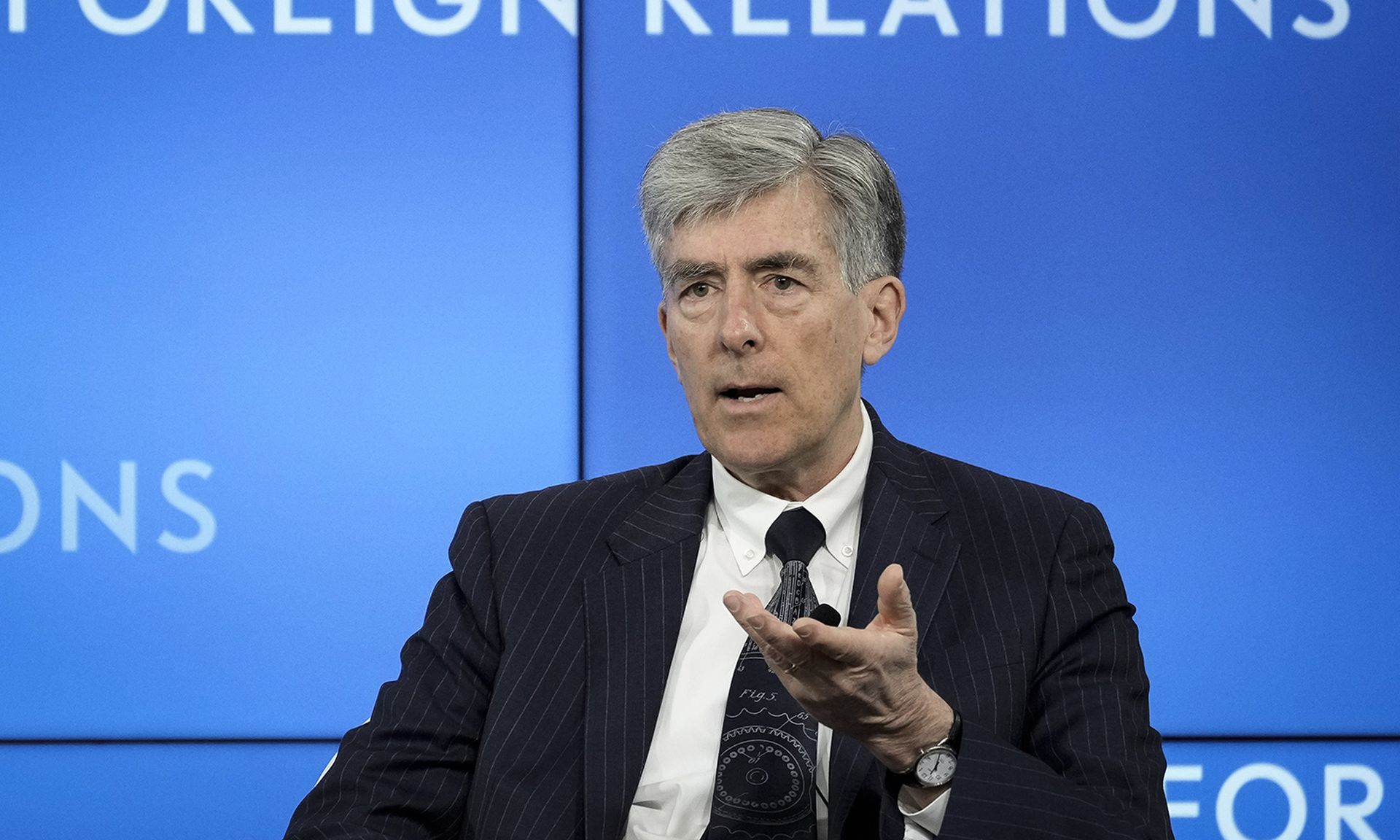The Office of the National Cyber Director is plucking cybersecurity talent from the public and private sectors as the nascent office continues to fill out its leadership ranks.
The White House today announced three new additions to the office, including Microsoft Assistant General Counsel Kemba Walden as new principal deputy national cyber director, CIA Associate Deputy Director Neal Higgins as deputy national cyber director for national cybersecurity, and former National Security Council staffer Rob Knake as deputy national cyber director for strategy and budget.
“As we continue to build this new office, the additions of Kemba, Neal, and Rob will accelerate our efforts to protect Americans in cyberspace,” said National Cyber Director Chris Inglis in a statement. “Each of these leaders brings impressive experience in cybersecurity policy making to our team, and their diverse perspectives will be invaluable as we strengthen our collective defense.”
Walden oversaw Microsoft’s Digital Crimes Unit and led its ransomware program. She was also responsible for providing legal counsel to Microsoft’s Defending Democracy program, which sought to provide resources and education around election integrity, disinformation and voting rights leading up to the 2020 elections.
Prior to joining Microsoft, Walden spent a decade working for the federal government, including as lead attorney for the Department of Homeland Security’s representative to the Committee on Foreign Investment in the United States and later as a lawyer for the Cybersecurity and Infrastructure Security Agency. More recently, she was named as a member of the Cyber Safety Review Board, a new advisory board stood up by the CISA to conduct after-action reports of major hacking incidents.
According to the White House, Higgins was responsible for CIA cyber operations, open source collection, data science and secure global communications. He also served as CIA’s director of congressional affairs, a deputy chief of the WikiLeaks Task Force and was a member of the trial team responsible for prosecuting Serbian dictator Slobodan Milosevic.
Knake (who’s hire was previously announced) was part of the Obama White House cyber brain trust on the National Security Council. He has also worked at CISA and think tanks such as the Council on Foreign Relations and Harvard Belfer Center’s Cyber Project. In the past, Knake has called for policymakers to outlaw payment to ransomware gangs, arguing that it only fills the pockets of criminal groups and helps pay for the malware development and access needed for future attacks. The Biden administration has not called for such a law at this time.
Criminal groups have "built these organizations starting from that $50 ransomware from your grandmother's computer, taking that money and reinvesting it in their capability and what we're seeing today is the result of that," Knake said in 2020. "We have grown these criminal enterprises, we have paid their R&D budgets and now they are targeting us and we are in very bad shape."
The additions continue a hiring spree for the NCD, which has also been pulling in staffers like Nick Leiserson, former legislative director for cybersecurity-focused for retiring Rep. Jim Langevin.
Inglis has said that the nascent office has spent much of its first year filling out its staff, with an end goal of around 85 employees by year’s end. That will offer more bodies to tackle some of the NCD’s broader mandates, from reviewing agency cyber budgets and engaging with Congress to providing technical support to the Office of Management and Budget for its oversight of the Federal Information Security Modernization Act.




